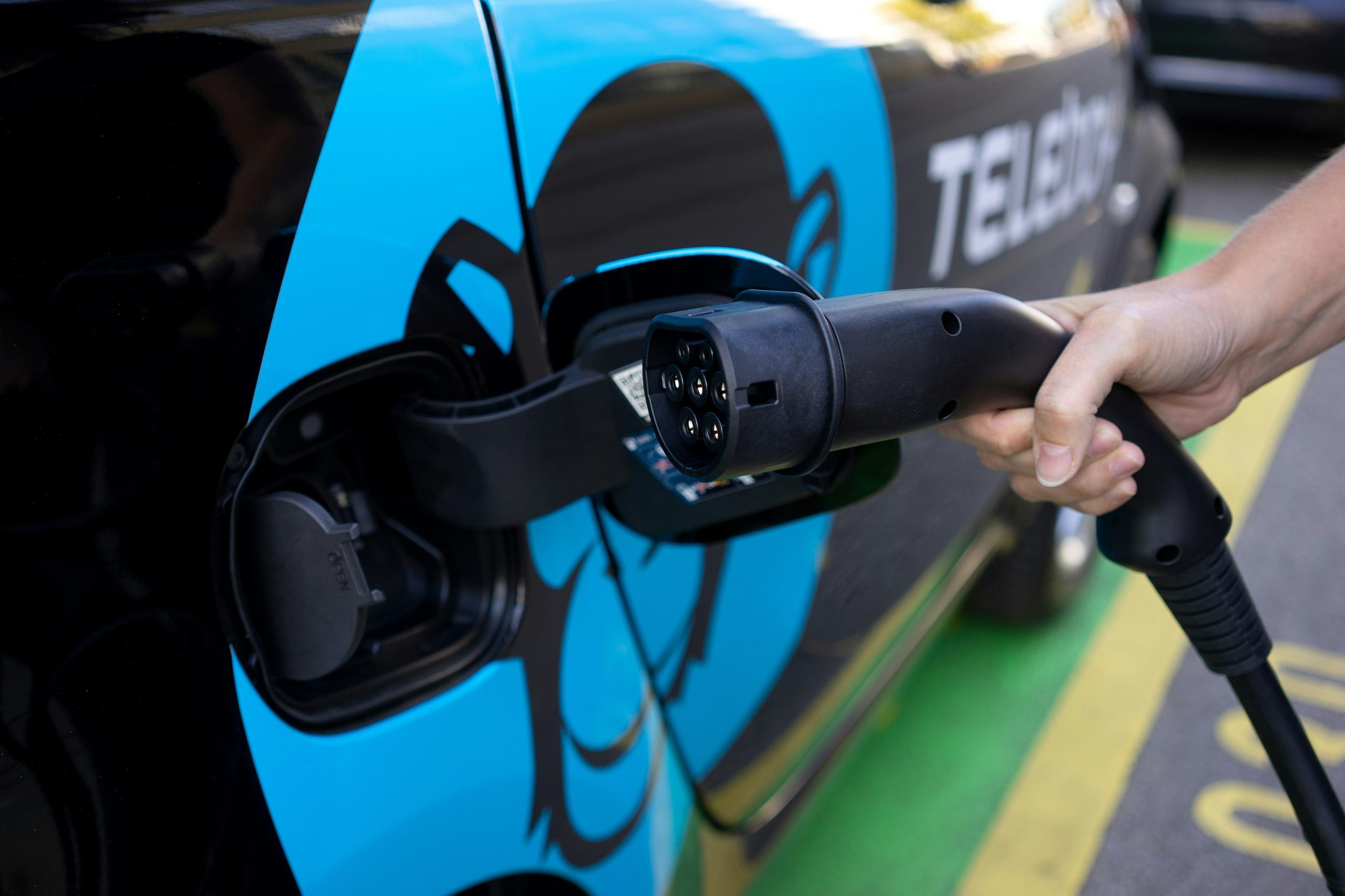The Future of Hydrogen Fuel Cell Powered Vehicles
In recent years, the conversation around sustainable transportation has shifted towards the development of alternative fuel sources. As the negative impact of fossil fuels on the environment becomes increasingly apparent, researchers and engineers are searching for viable alternatives to power our vehicles. One such alternative that has gained significant attention is hydrogen fuel cell technology. With promises of zero emissions and longer driving ranges, hydrogen fuel cell powered vehicles have the potential to revolutionize the automotive industry. In this article, we will explore the future of hydrogen fuel cell powered vehicles and its potential impact on the future of transportation. 
The Basics of Hydrogen Fuel Cell Technology
Hydrogen fuel cell technology is not a new concept, but recent advancements have brought it to the forefront of the sustainable transportation conversation. Essentially, a fuel cell is a device that converts the chemical energy of a fuel (in this case, hydrogen) into electricity, heat, and water. This process occurs without combustion, resulting in zero emissions. This makes hydrogen fuel cell vehicles an attractive option for those looking to reduce their carbon footprint.
The Potential Benefits of Hydrogen Fuel Cell Powered Vehicles
Reduced Emissions
Perhaps the most significant advantage of hydrogen fuel cell vehicles is their zero emissions profile. This means that they emit no greenhouse gases or other harmful pollutants during operation. In contrast, gasoline and diesel-powered vehicles are responsible for a significant portion of global carbon dioxide emissions. The use of hydrogen fuel cells could help reduce our dependency on fossil fuels and mitigate the negative effects of climate change.
Longer Driving Ranges
While electric vehicles (EVs) have gained popularity in recent years, one of their biggest drawbacks is their limited driving range. On a single charge, most EVs can only drive approximately 200-300 miles before needing to recharge, making them less practical for longer journeys. On the other hand, hydrogen fuel cell vehicles have a much longer driving range, with some models boasting a range of over 400 miles on a single tank of hydrogen. This makes them a more viable option for those who frequently travel long distances.
Faster Refueling Times
Another significant advantage of hydrogen fuel cell technology is the short refueling time. While EVs can take hours to fully recharge, hydrogen fuel cell vehicles can be refueled in a matter of minutes, making them comparable to gasoline or diesel-powered vehicles in terms of practicality. This eliminates the need for extended rest stops while on long journeys, making hydrogen fuel cell vehicles a more convenient option for many drivers.
The Current State of Hydrogen Fuel Cell Vehicles
In 2014, Toyota introduced the first mass-produced hydrogen fuel cell vehicle, the Mirai. Since then, other automakers, including Honda and Hyundai, have also entered the market with their own fuel cell models. However, the adoption of hydrogen fuel cell vehicles has been slow, mainly due to the high cost of production and lack of infrastructure. Unlike electric vehicles, which can be charged at home, hydrogen fuel cell vehicles require specialized fueling stations, which are currently limited in availability.
The Potential Future of Hydrogen Fuel Cell Vehicles
Despite the current challenges, many experts believe that hydrogen fuel cell powered vehicles have the potential to become a mainstream form of transportation in the future. The development of more efficient and cost-effective fuel cell technology, combined with increased investments in infrastructure, could drive down the cost of production and make hydrogen fuel cell vehicles more accessible to the general public. Some experts even anticipate that fuel cell technology could eventually overtake electric vehicles as the primary form of sustainable transportation.
Conclusion
The future of transportation is rapidly changing, and hydrogen fuel cell powered vehicles could play a crucial role in this evolution. With zero emissions, longer driving ranges, and faster refueling times, they offer numerous benefits over traditional gasoline and diesel-powered vehicles. While there are still challenges to overcome, the potential for a more sustainable and environmentally-friendly transportation system makes the continued development and adoption of hydrogen fuel cell vehicles a promising prospect.










